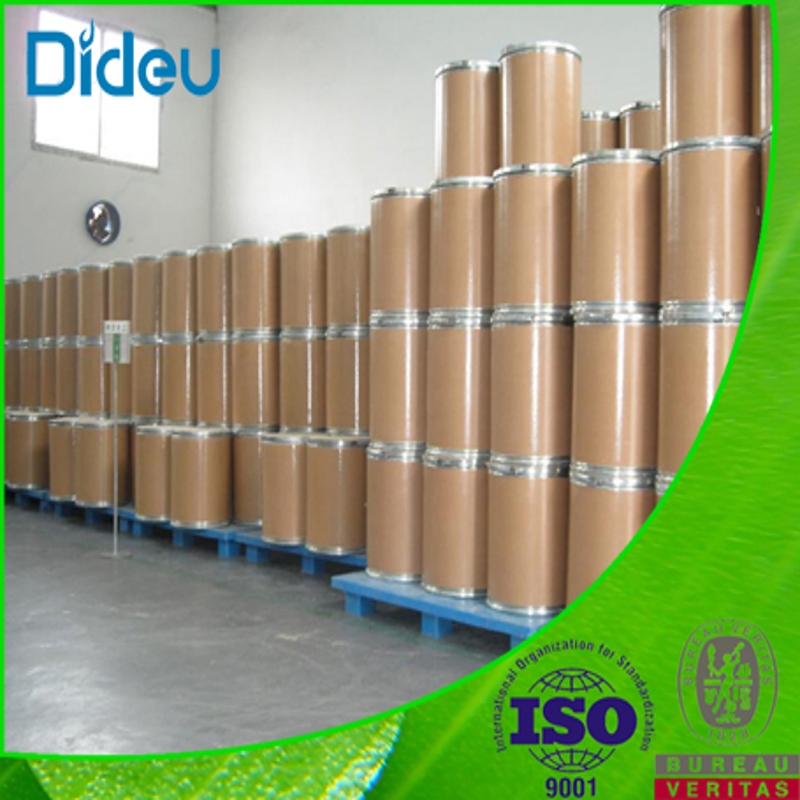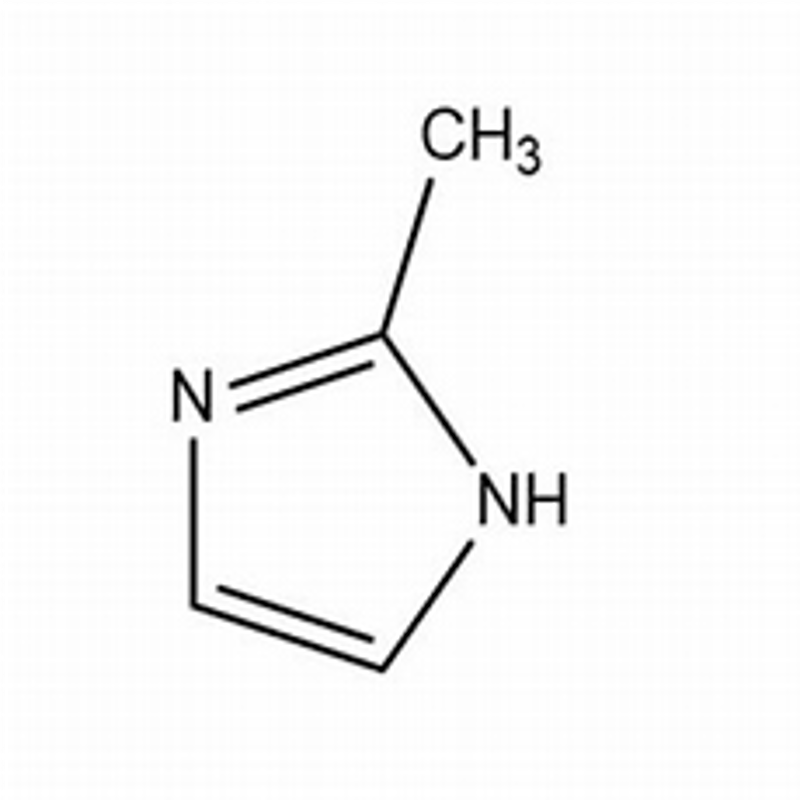-
Categories
-
Pharmaceutical Intermediates
-
Active Pharmaceutical Ingredients
-
Food Additives
- Industrial Coatings
- Agrochemicals
- Dyes and Pigments
- Surfactant
- Flavors and Fragrances
- Chemical Reagents
- Catalyst and Auxiliary
- Natural Products
- Inorganic Chemistry
-
Organic Chemistry
-
Biochemical Engineering
- Analytical Chemistry
-
Cosmetic Ingredient
- Water Treatment Chemical
-
Pharmaceutical Intermediates
Promotion
ECHEMI Mall
Wholesale
Weekly Price
Exhibition
News
-
Trade Service
5,6,7,8-Tetrahydroisoquinoline, commonly referred to as TIQ, is a type of nitrogen-containing organic compound that is used in a variety of industrial applications.
Its unique chemical properties make it a popular choice for use in the production of pharmaceuticals, agrochemicals, and dyes.
Despite its widespread use, there are concerns about the safety of TIQ in the workplace, particularly in the chemical industry.
One of the primary concerns with TIQ is its potential to cause cancer.
While the evidence is limited, some studies have suggested that TIQ may be carcinogenic in nature.
This has led to concerns about the long-term exposure of workers in chemical plants that use TIQ.
Another concern is the potential for TIQ to cause skin irritation and allergic reactions.
This can be particularly problematic for workers who handle the substance on a regular basis.
Prolonged exposure to TIQ can lead to skin dryness, cracking, and redness.
In some cases, it can also cause blistering and swelling.
In addition to these health concerns, there is also the risk of fire and explosion associated with TIQ.
The compound is highly flammable and can ignite when exposed to heat or sparks.
This makes it essential for workers to take special precautions when handling TIQ, such as using proper ventilation and avoiding smoking or other sources of ignition.
Despite these risks, TIQ remains an important component of the chemical industry.
In order to minimize the potential risks to workers, it is essential for companies to take a proactive approach to safety.
This includes providing proper training to employees, ensuring that appropriate safety equipment is available, and implementing strict safety protocols.
One way to minimize the risk of TIQ exposure is to use appropriate ventilation systems in the workplace.
This can help to reduce the concentration of TIQ in the air, thereby reducing the risk of inhalation.
It is also important to provide personal protective equipment, such as gloves and masks, to workers who handle TIQ.
Another important safety measure is to ensure that workers are properly trained to handle TIQ.
This includes educating them on the potential health risks associated with the compound, as well as the proper handling and storage procedures.
Workers should also be trained in the use of firefighting equipment and emergency response procedures in the event of an accident.
In conclusion, TIQ is a valuable compound in the chemical industry, but it also presents several safety concerns.
It is important for companies to take a proactive approach to safety, including providing appropriate training and personal protective equipment to workers, implementing strict safety protocols, and using appropriate ventilation systems to reduce the risk of exposure.
By taking these steps, companies can help to ensure that their workers are safe and healthy while handling TIQ.







